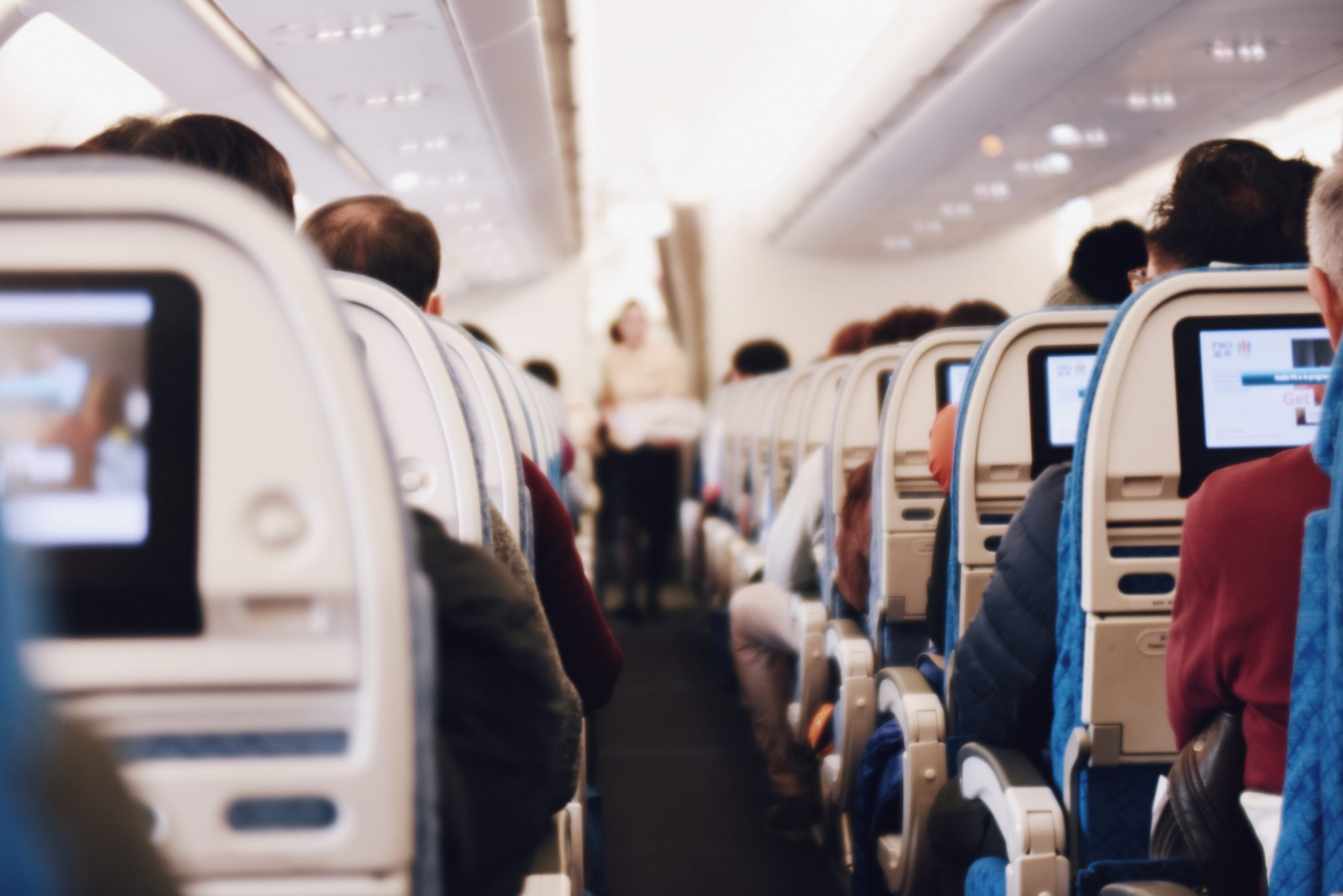
Flying with a Disability
Share tips and experiences on accessible air travel, airport navigation, and in-flight accommodations... View more

Share tips and experiences on accessible air travel, airport navigation, and in-flight accommodations... View more
Please confirm you want to block this member.
You will no longer be able to:
Please note: This action will also remove this member from your connections and send a report to the site admin. Please allow a few minutes for this process to complete.